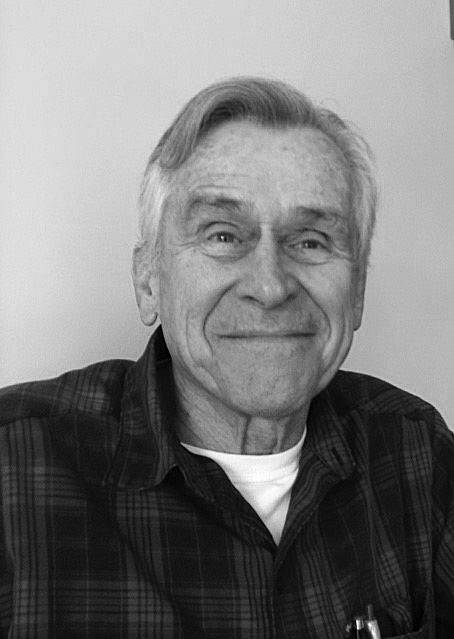Through the efforts of both Vashon’s Carbon Free campaign and that of our climate action groups, many on Vashon have been educated as to the egregious behavior of our for-profit utility companies, which burn great quantities of coal and natural gas to generate the electricity that is delivered to our homes and industries. This practice runs counter to the general desire that renewable resources, such as solar and/or wind power, be used instead for that purpose.
Over the last year, these campaigns have helped to express Vashon’s carbon-burning concerns through demonstrations and petitions. We have sent over 1,000 letters of complaint to the power companies, and more than 200 Vashon residents and 70 business owners have endorsed our carbon-free goals. Also endorsing our goals were King County Council Chair Joe McDermott and State Representatives Joe Fitzgibbon and Eileen Cody. But finally, of particular note, over 40 people from Vashon carpooled to Renton in February this year to spend a whole day demonstrating and testifying with several hundred others in front of our state’s Utility and Transportation Commissioners (UTC), pleading our case and expressing our concerns about the fossil-fuel tainted electricity that we are forced to consume. We have been waiting since February for the response to our protests and now we have it.
The three UTC commissioners have responded (in an off-handed way) to our concerns in their Dockets UE-160918 and UG-160919. In these documents, which are devoted primarily to the details of regulating Puget Sound Energy and two other for-profit electric utilities, the commissioners do mention the need to concern themselves with the “cost of risks associated with greenhouse gas emissions,” as required by Washington State’s Administrative Code. Also, in section III g, regarding the Greenhouse Gas Regulations and Carbon Price, the UTC dictates that the companies, in 2019—the next time they submit a description of their Integrated Resource Plans — must estimate the “monetary cost of climate change damages, produced by a reputable organization.”
Fair enough, but it’s not a resounding demand for PSE to internalize what one of the three commissioners has called the “social cost of carbon.” That would have been met with shouts of victory on the part of our demonstrators. But it was not. In fact, one of the commissioners, Jay Balasbas, disagreed with any mention of this concern over social cost in the main UTC report. And it is in his disagreement that the actual inability of the UTC to regulate the companies on this issue is best reflected.
Balasbas is quick to remind the other commissioners that the UTC is obliged by its charter to authorize only the company’s “lowest reasonable cost portfolio” for power generation and, in that regard, the commissioners are to be guided by existing state laws. Then he goes on to point out the lack of any laws that would dictate a concern for the “social cost of carbon” and he illustrates his point with facts from House Bill No. 2839 and Senate Bill No. 6424 — greenhouse gas legislation proposed in 2018 that did not even get out of committee before the Legislature adjourned this year. (In other words, the whole issue was still being contested by the various state politicians, their staffs and the concerned lobbyists.)
Balasbas’s point was that those bills, as they were being debated, were designed to amend the current UTC guiding statues to require the use of a mechanism to account for the social cost of carbon, and, in the absence of law based upon those bills, the UTC was clearly not currently authorized to require the utilities to concern themselves with the issue. (A fine point perhaps, but one that is sure to weaken the UTC’s power to dictate on the subject of greenhouse gases.)
Balasbas goes on to point out that the Federal Energy Regulatory Commission — designed under the Trump Administration to muddy the issue even further — recently stated in an order that “without complete information, an analysis using the Social Cost of Carbon calculations would necessarily be based on multiple assumptions, producing misleading results.”
So, I would conclude that once again we’ve witnessed an inability to align state-level politics with the will of the people. Certainly, the lack of any sense of urgency is apparent. My remedy? Take the issue out of their hands by forming our own, locally owned and democratically controlled Public Utility District on Vashon. We could be 97 percent free of carbon burning the day after our PUD was fully formed.
Interested? Express yourself with an email to VashonPUD@gmail.com.
— Ward Carson is a retired professor with a growing passion for a PUD on Vashon.



